Honoring Black Fashion Icons: Celebrating Diversity and Inclusion in the Fashion Industry
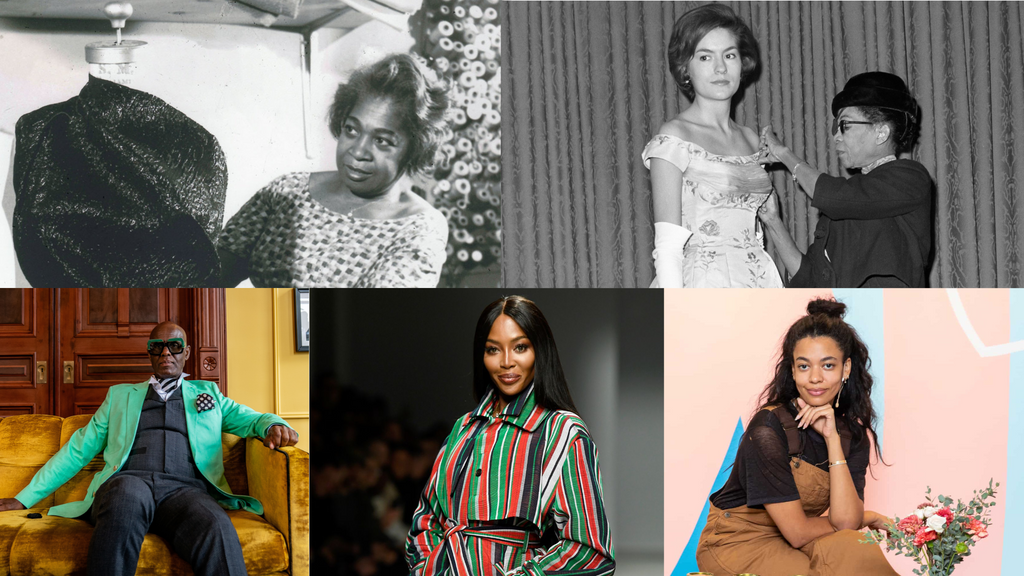
During Black History Month, the Passion Lilie team is reflecting on the significant contributions of Black fashion icons who have shaped the industry and paved the way for diversity and inclusion. From trailblazing designers to influential models and stylists, their impact has been profound and continues to inspire people like us both within and outside the fashion industry.
One of the most iconic figures in fashion history is Dapper Dan of Harlem, known for his bold and innovative designs that blend luxury fashion with streetwear. He challenges traditional notions of high fashion by creating custom pieces that celebrate Black culture and style. His work has influenced countless designers and has been celebrated for its fearless creativity.
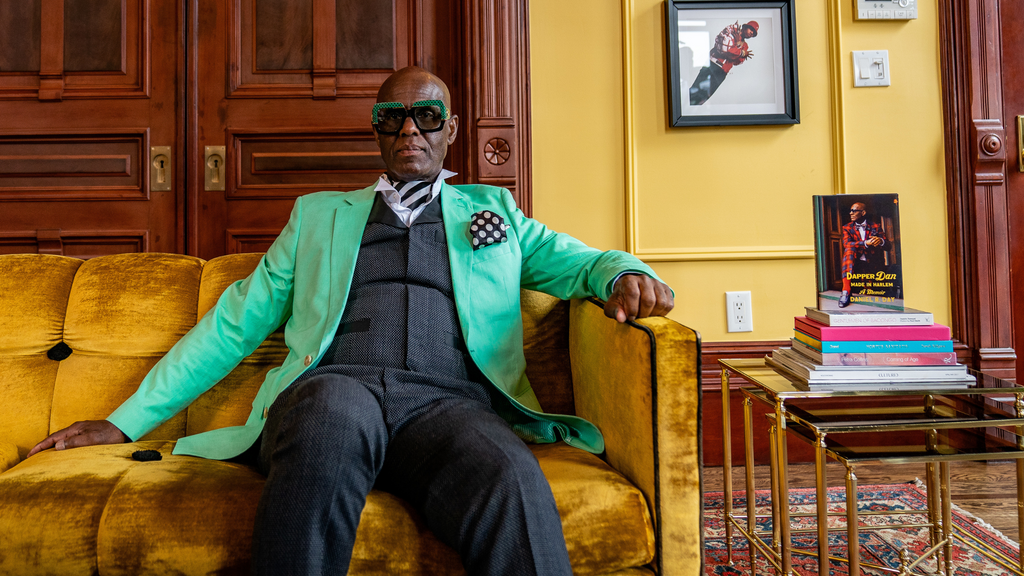

Ann Lowe is a pioneering figure known for creating Jacqueline Kennedy's iconic wedding dress. On the day of the Kennedy wedding, Lowe was told to enter through the servant’s door of the wedding venue. She refused, saying she’d leave and take the wedding dress and bridesmaid dresses with her. She was eventually allowed through the main entrance. Despite facing discrimination as a Black designer, Lowe persevered and became one of the most sought-after couturiers of her time, known for her exquisite craftsmanship and attention to detail.
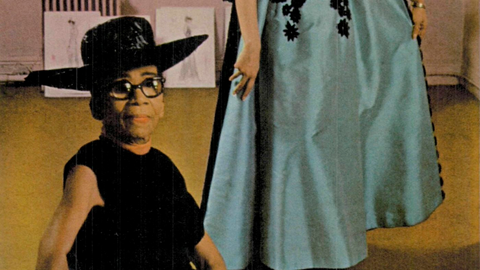
In the world of modeling, Naomi Campbell has been a trailblazer, breaking barriers as one of the first Black models to achieve international supermodel status. She was the first Black model to be featured on the cover of Time and Vogue France, and the first to open a Prada show. Her impact on the fashion industry goes beyond the runway, as she continues to advocate for diversity and inclusion in fashion. In 2011, Campbell spoke out, saying "The American president may be black, but as a black woman, I am still an exception in this business. I always have to work harder to be treated equally." She joined with fellow Black models in calling out fashion designers who used one or zero models of color in their fashion shows, calling it a “racist act.”
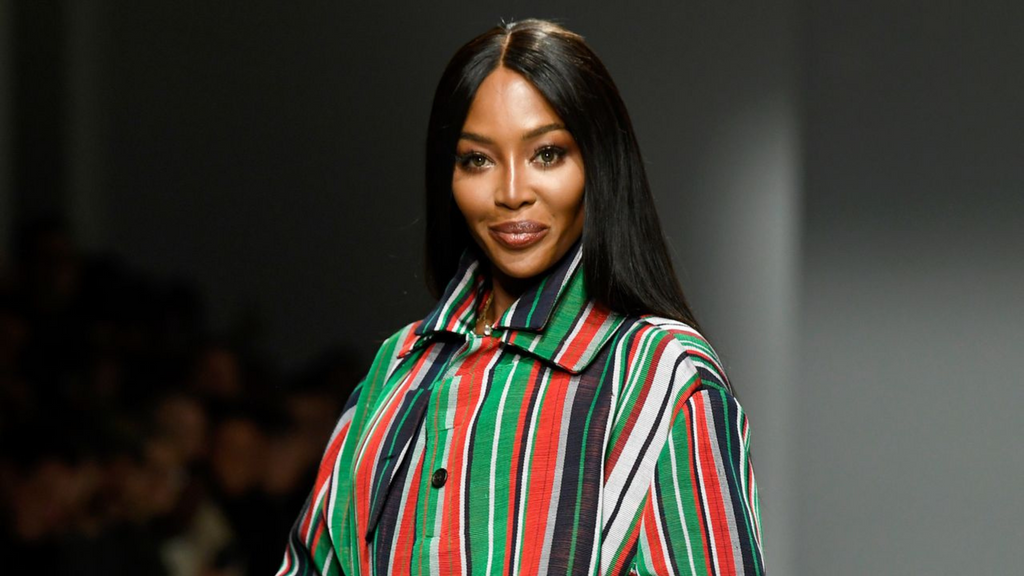
As the sustainable fashion movement has gained momentum, many designers have gravitated towards eco-friendly, ethical production practices. Black designers have played a crucial role in this movement, developing sustainable brands and driving innovation in the fashion industry.
Aurora James founded Brother Vellies, a luxury footwear and accessories line that uses sustainable materials and ethical production practices. Her goal was to elevate the work of African artisans, and she has since expanded to work with craftspeople around the world. She’s well known for designing Alexandria Ocasia-Cortez’s “Tax The Rich” Met Gala dress. She is also the founder of the "15 Percent Pledge," a non-profit organization that urges major retailers to commit 15% of their shelf space to Black-owned businesses in order to advocate for Black-owned businesses and build generational wealth in Black communities. The organization offers consulting, accountability, and strategy suggestions. Of many well-deserved awards and accolades, James was been recognized in Time’s 2021 list of 100 most influential people in the world and was Glamour’s 2022 Woman of the Year.
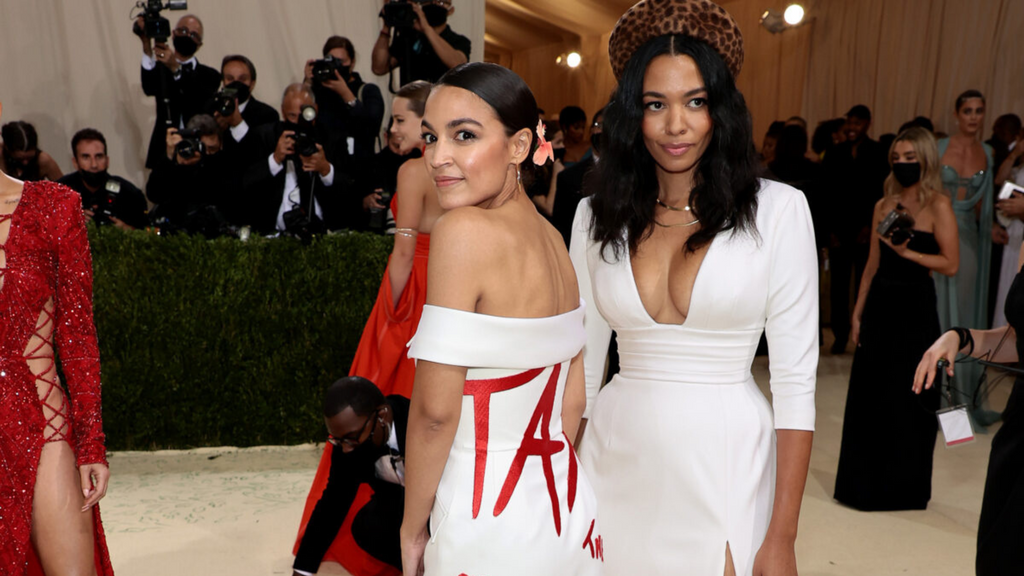
These are just a few examples of the many Black fashion icons who have made lasting contributions to the industry. Their talent, creativity, and resilience have helped shape the fashion landscape and have paved the way for greater diversity and representation. The fashion industry is a powerful platform for representing diversity in all its forms – race, ethnicity, gender, body shapes, age, and more. When people see themselves in a runway show or fashion campaign, it sends a powerful message of inclusivity and belonging. This representation fosters a sense of pride and identity in marginalized communities and challenges the beauty standards we’ve normalized.
Diversity in the fashion industry invites creativity and innovation. Designers from different backgrounds bring new ideas, materials, and customs to the runway, disrupting fashion norms. A diverse runway brings new styles, elevates cultures, and creates space for original ideas. Brands reap the rewards of diversifying their styles and representation when their consumer base is expanded by people who see themselves in the designs.
The fashion industry has a massive influence on our culture and as such, brands and designers must lead the way in diversity and inclusion. The industry has a responsibility to create positive change by uplifting underrepresented communities, showcasing diverse talent, and advocating for inclusivity. We can and we must contribute to a more just and equitable society.
In conclusion, celebrating diversity and inclusion in the fashion industry is not just a trend; it's a necessity. By embracing diversity, fashion has the power to empower individuals, drive innovation, and promote positive social change. Do you have a favorite Black designer or fashion icon? Let us know in the comments!


Leave a comment